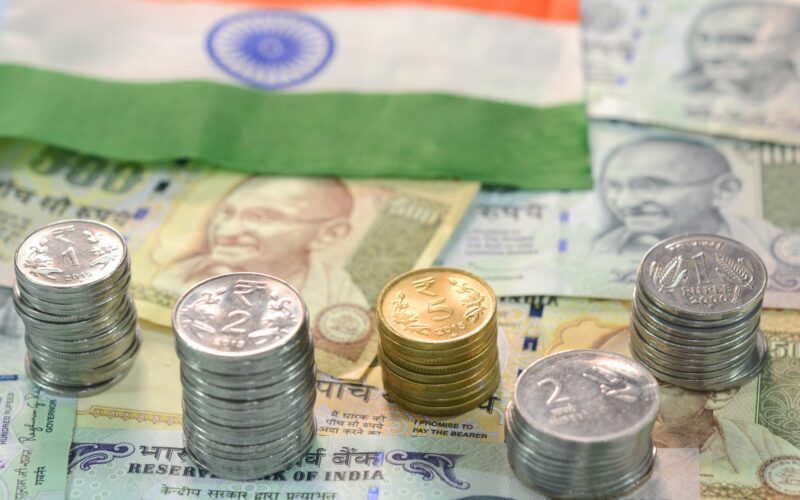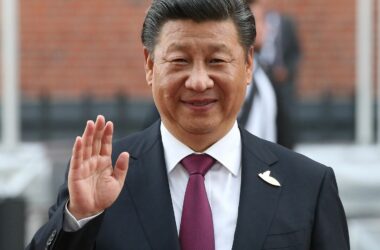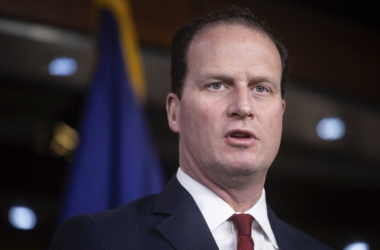Mumbai, India’s bustling financial hub, has seen a significant influx of global investors over the past year. Leaders of major international banks have been frequenting the city, engaging with stock exchanges, purchasing properties, and hiring new staff. This surge is driven by the post-pandemic boom, which has elevated the value of India’s stock market to approximately $5 trillion, putting it on par with Hong Kong’s.
India’s economy, one of the fastest-growing globally, has caught the attention of Wall Street. Mumbai, a port city with a population of 26 million, has undergone substantial development, with new infrastructure like suspension bridges and metro lines enhancing its landscape.
Traditionally unfamiliar to global finance, Mumbai is now attracting North American pension managers, Gulf and Singaporean sovereign wealth funds, Japanese banks, and private equity firms. These investors see India as a promising source of growth, citing the country’s reliable economic expansion, stable currency, and fiscal discipline.
India’s appeal is heightened by the struggles faced by other emerging markets. China’s once formidable growth has slowed, and Russia’s invasion of Ukraine has made it a less viable investment destination. Consequently, investors are pushing Wall Street to facilitate larger investments in India.
The MSCI, an influential stock index of emerging markets, has increased India’s weighting significantly, while reducing China’s representation. JPMorgan Chase’s inclusion of Indian government bonds in its emerging-markets index further highlights the shift towards Indian assets.
Aashish Agarwal, managing director at Jefferies, emphasizes the diversity and performance of Indian stocks compared to other emerging markets. Kevin Carter, founder of EMQQ Global, notes that India’s large, youthful population and economic growth are key factors driving investor interest.
However, challenges remain. Foreign investors are cautious due to high stock prices relative to company profits and political uncertainties surrounding Prime Minister Narendra Modi’s re-election. Despite these hurdles, India’s robust infrastructure development and the potential for significant foreign direct investment present substantial opportunities.
Nivruti Rai, managing director of Invest India, aims to attract $100 billion in foreign direct investment, focusing on sectors like healthcare technology, clean energy, and artificial intelligence. This long-term investment is crucial for strengthening the Indian rupee and bringing in technical expertise.
Prime Minister Modi’s ambitious goal of a tenfold increase in India’s economy by 2047 underscores the importance of sustaining high growth rates and attracting foreign investors. As India positions itself as a key player in the global market, the financial world is keenly watching its next moves.








